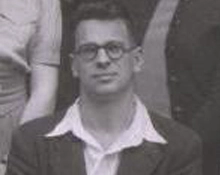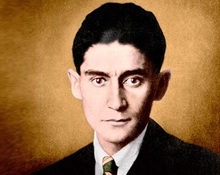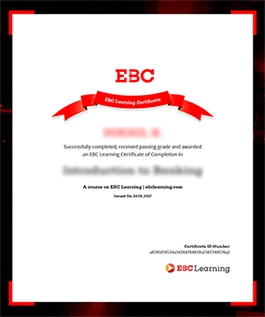Practicing Mediation
About Course
Mediation is a dynamic, structured, interactive process where a neutral third party assists disputing parties in resolving conflict through the use of specialised communication and negotiation techniques. All participants in a mediation are encouraged to participate in the process actively. Mediation is a “party-centred” process in that it is focused primarily upon the needs, rights, and interests of the parties. The mediator uses a wide variety of techniques to guide the process in a constructive direction and to help the parties find their optimal solution.
In this course, you will learn as to how the mediator manages the interaction between parties and facilitates open communication.

What mediation is designed for is to resolve disputes on the value on a claim, not whether there is a claim.
David Wheeler- 1. Introduction
- 1.1 Welcome
- 1.2 Understanding mediation
- 1.3 Features of mediation
- 2. Before the mediation begins
- 2.1 Pre-mediation phase
- 2.2 Documentation and formalities
- 2.3 Review of literature
- 2.4 Confirming attendance of parties
- 2.5 Setting the room
- ☆ Feedback
- 3. Start of the mediation process
- 3.1 Scene 1: First meeting and joint session
- 3.2 Scene 2: Explaining the mediation process
- 3.3 Scene 2 (Cont.): Parties relating their side of the story
- 3.4 Commentary for the mediator
- 3.5 Commentary for the mediation advocate
- 4. Understanding underlying interests
- 4.1 Scene 3: Arriving at Mr Khambata’s concerns
- 4.2 Commentary for the mediator
- 4.3 Commentary for the mediation advocate
- 4.4 Scene 4: Arriving at Amit’s concerns
- 4.5 Commentary for the mediator
- 4.6 Commentary for the mediation advocate
- 5. Setting the agenda
- 5.1 Scene 5: Anuroop lists the issues
- 5.2 Commentary for the mediator
- 5.3 Commentary for the mediation advocate
- 6. Generating options
- 6.1 Scene 6: Mr Khambata gives his priorities
- 6.2 Scene 7: Amit gives his priorities
- 6.3 Commentary for the mediator
- 6.4 Commentary for the mediation advocate
- 7. Agreement and closing
- 7.1 Scene 8: Arriving at a consensus
- 7.2 Commentary for the mediator
- 7.3 Commentary for the mediation advocate
- 8. Post mediation phase
- 8.1 Next steps
- 8.2 Conclusion
- ☆ Feedback
Why Take This Course?
In this course you'll learn the following:
- Mediation and its features;
- Documentation, formalities, and literature required for mediation;
- To meet and greet the parties which are having disputes;
- To arrive at the most important issues that need resolution; and
- To get the parties to a consensus.
This course will help you conduct a mediation or participate in a mediation as an advocate for either party.
Instructors

Anuroop Omkar
Founding Partner, AK & Partners
Anuroop Omkar is a corporate, commercial lawyer. He is the Managing Partner at AK & Partners. He also is the Promoter and Director of Bridge Mediation and Consulting, a policy and capacity building think tank. His key areas of practice are private equity, mergers and acquisitions, inbound and outbound foreign investment, and regulatory advisory, etc. He regularly mediates commercial disputes and is an empanelled mediator with various government and private mediation centres.

Kritika Krishnamurthy
Founding Partner at AK & Partners
Kritika Krishnamurthy is a corporate lawyer, ADR Neutral & Commercial Mediator. She is a Partner with a full-service law firm AK & Partners. She also is a Director of Bridge Mediation and Consulting, a policy and capacity building think tank. She regularly represents clients in mediation and commercial negotiation.

The mediation by the serpent was necessary. Evil can seduce man, but cannot become man.
Franz KafkaCertificate
Complete this course and exercises to earn a certificate. Share it with your friends, colleagues, and employers.*
*You must Subscribe to get a certificate.

Limit Reached or Trial Expired
You have reached the limit of 2 audit enrollments or your trial period has expired.

